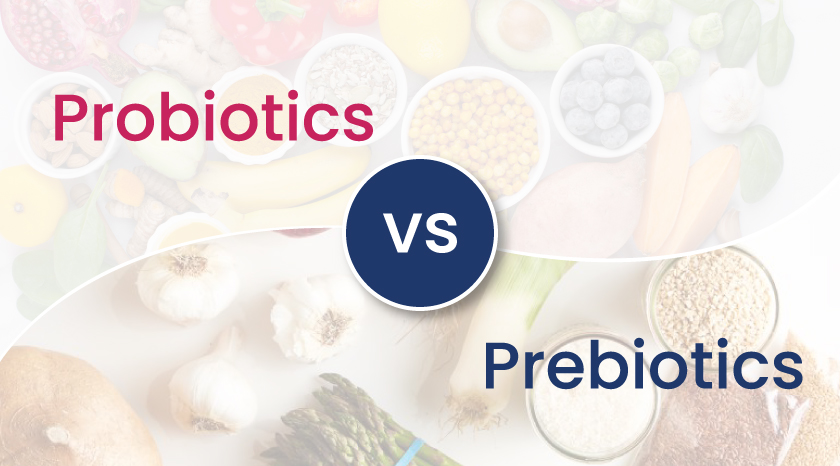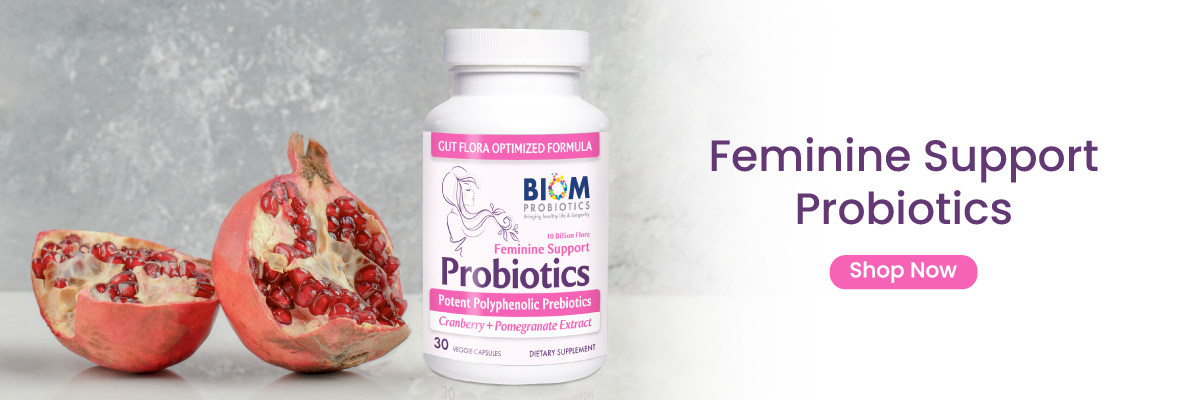In the intricate world of gut health, two key players take center stage: probiotics and prebiotics. These dynamic components are often hailed as the dynamic duo for promoting a healthy and balanced gut microbiome. But what exactly are probiotics and prebiotics, and how do they contribute to our overall well-being? Let’s unravel the symphony within our digestive system and explore the distinctive roles of probiotics and prebiotics.
Probiotics: The Beneficial Bacteria Brigade
What Are Probiotics? Probiotics are living microorganisms, primarily bacteria and yeast, that confer health benefits when consumed in adequate amounts. These friendly bacteria take residence in our gut, working in harmony with the existing microbial community to maintain balance.
Roles and Benefits of Probiotics:
- Gut Microbiome Harmony: Probiotics play a crucial role in preserving the delicate balance of the gut microbiome. They promote the growth of beneficial bacteria and help keep harmful microbes in check, fostering a harmonious microbial ecosystem.
- Digestive Health: Probiotics contribute to optimal digestion by aiding in the breakdown of food and the absorption of nutrients. They can also alleviate common digestive issues like bloating, gas, and irritable bowel syndrome (IBS).
- Immune System Support: A significant portion of our immune system resides in the gut. Probiotics actively engage with the immune cells in the intestinal lining, enhancing the body’s ability to ward off infections and illnesses.
- Mood and Mental Well-being:Emerging research suggests a strong connection between gut health and mental well-being. Probiotics may positively influence mood and cognitive function, potentially offering a holistic approach to mental health.
Prebiotics: The Nourishers of the Microbial Garden
What Are Prebiotics? Prebiotics are non-digestible fibers found in certain foods that serve as nourishment for beneficial bacteria in the gut. While they are not living organisms like probiotics, prebiotics act as essential fuel for the growth and activity of these friendly microbes.
Roles and Benefits of Prebiotics:
- Microbial Fuel: Prebiotics are essentially food for probiotics. By reaching the colon undigested, prebiotics provide a source of nourishment for beneficial bacteria, allowing them to thrive and multiply.
- Enhanced Probiotic Activity: The synergy between prebiotics and probiotics is a powerful one. Prebiotics enhance the activity of probiotics, promoting their ability to support gut health and overall well-being.
- Improved Digestive Regularity: Prebiotics contribute to the formation of bulk in the stool, aiding in regular bowel movements. They play a role in maintaining a healthy balance between constipation and diarrhea.
- Blood Sugar Regulation: Some prebiotics, such as inulin, have been associated with improved blood sugar control. This can be particularly beneficial for individuals managing conditions like diabetes.
Harmony in Diversity: The Ideal Duo
While probiotics and prebiotics operate independently, their combined effects create a symbiotic relationship that fosters a thriving gut environment. Consuming a balanced diet that includes both probiotic-rich foods (like yogurt, kefir, and sauerkraut) and prebiotic-rich foods (such as garlic, onions, and bananas) ensures comprehensive support for your gut health.
In conclusion, probiotics and prebiotics are essential players in the symphony of gut health. They contribute to the well-being of our digestive system, immune function, and even mental health. Embracing a lifestyle that incorporates a diverse range of foods rich in both probiotics and prebiotics is a proactive step toward nurturing a flourishing gut microbiome and promoting overall vitality.





